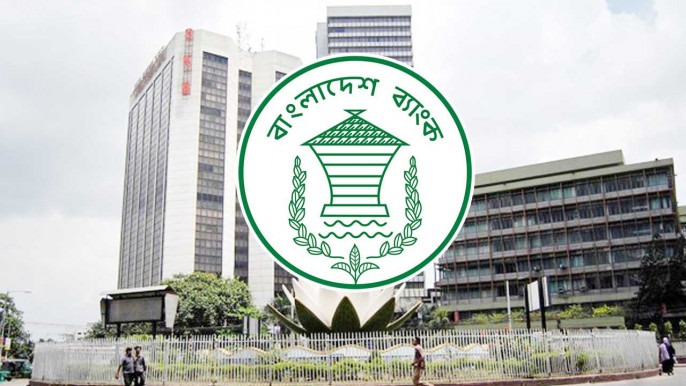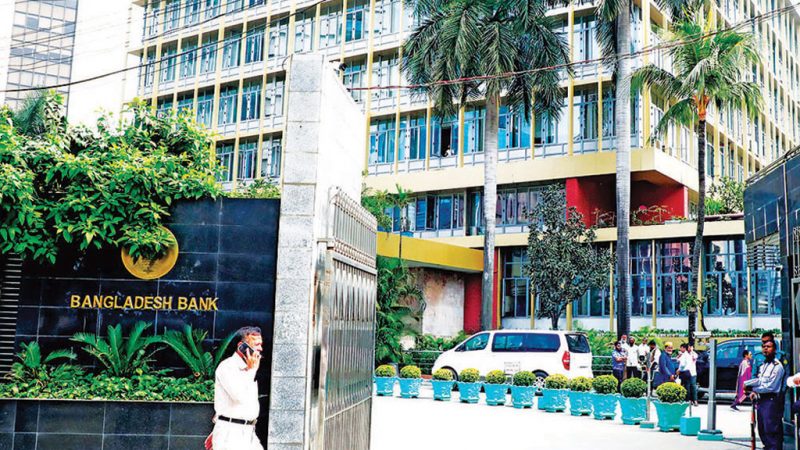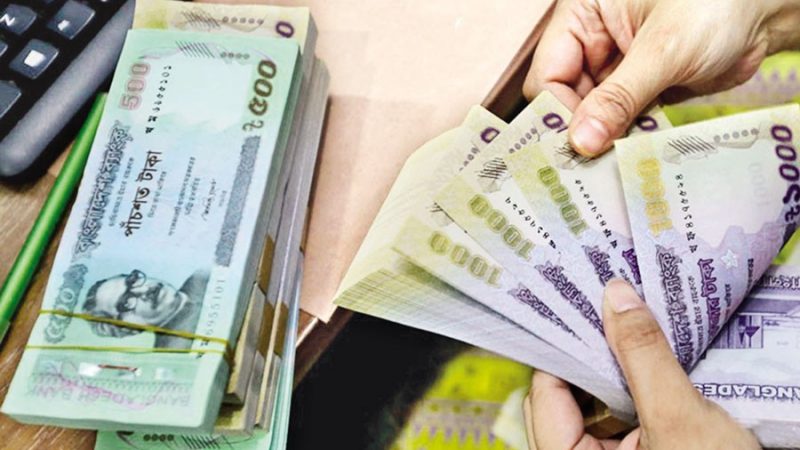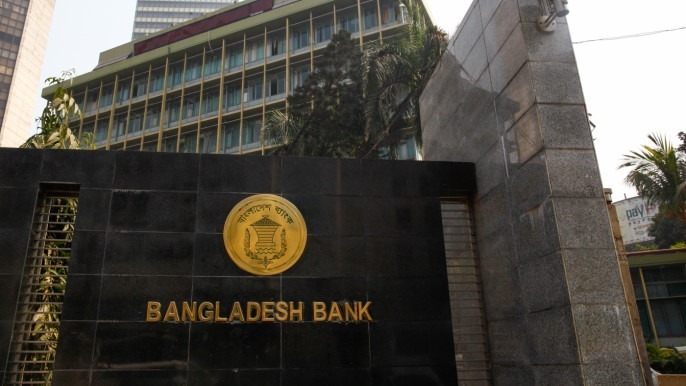Default loans surge to Tk 2.85 lakh crore
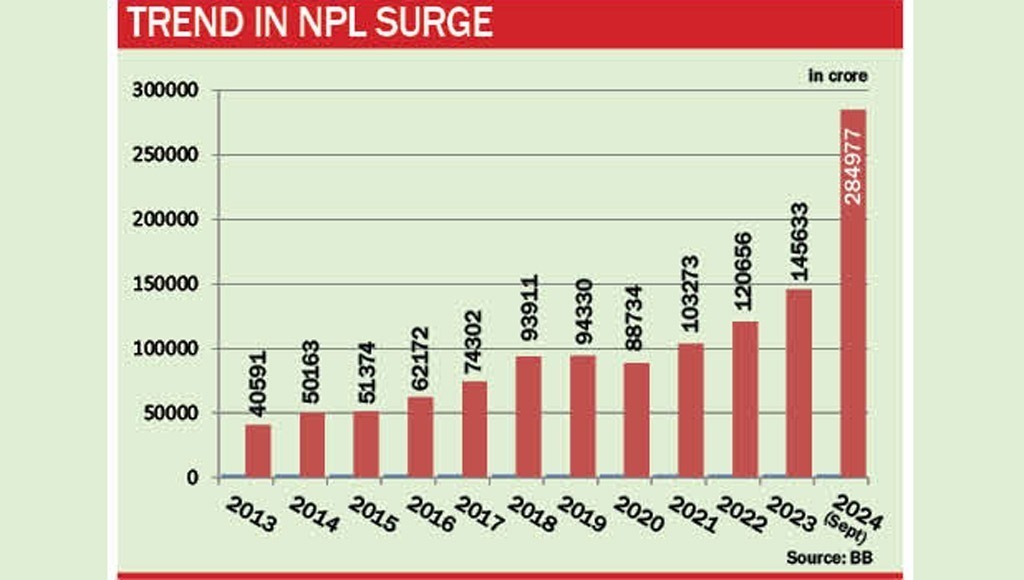
The volume of non-performing loans in the banking sector surged to a staggering Tk 2.85 lakh crore in September after the implementation of stricter regulatory practices, the minimisation of data manipulation and the adoption of international standards in the classification of such loans.
Bangladesh Bank data showed that the NPLs shot up by more than Tk 1 lakh crore to Tk 2,84,977 crore in September from Tk 1,82,295 crore at the end of March.
About 17 per cent of total bank loans — amounting to Tk 16.82 lakh crore — are classified as non-performing, the highest ratio in South Asia.
Bankers said that under the Awami League-led government, substantial sums were taken from banks under fake and fictitious names, which are now surfacing as defaulted loans.
These loans were previously reported as ‘regular’ through data manipulation and lenient policies, including frequent loan rescheduling.
After the ouster of the Awami League government on August 5 in a student-people uprising, the actual extent of irregularities began to surface.
Banks which were freed from the grip of controversial S Alam Group have started disclosing more accurate loan data. NPL reported by Islami Bank alone doubles in September, while the other banks also showed substantial growth in the reporting period.
Additionally, loans held by major business groups including Beximco, Bashundhara, S Alam and Orion—which are owned by individuals allegedly close to the former government—have also turned into defaults.
Additionally, several business people with ties to the ousted AL government either ceased to operate or went into hiding, leading to missed loan repayments.
The defaulted loan figure was Tk 2,11,391 crore at the end of June, Tk 1,45,633 crore in December 2023 and Tk 1,55,398 crore crore in September 2023.
The figure has ballooned by Tk 2,62,737 crore over the past 15 years since 2009, when the Awami League assumed power.
At that time, the total defaulted loan stood at Tk 22,240 crore.
This sharp rise is attributed to regulatory leniency, undue privileges extended to large borrowers, and a lack of enforcement against the defaulters.
Bangladesh Bank spokesperson and executive director Husne Ara Shikha said that the sharp rise in defaulted loans reflected the central bank’s move toward international standards in defaulted loan calculation.
Previously, overdue loans were classified as non-performing after six months. From the September quarter, this period has been reduced to three months, she said.
Officials added that the stricter monitoring reduced opportunities for data manipulation, contributing to the surge in reported defaulted loans.
They also noted that recent political unrest and economic stagnation worsened the situation, making it difficult for many business people to meet their repayment obligations.
Experts expressed grave concerns about the escalation of defaulted loans, warning of severe consequences for both the banking sector and the broader economy, saying that significant portions of these loans were laundered.
They argued that many of these defaulted loans were obtained by leveraging the borrowers’ political, financial and other lobbies.
Criticism has been directed at the Bangladesh Bank for its failure to rein in defaulted loans or address widespread irregularities in the banking sector.
They called for a comprehensive audit of all loans to uncover the full extent of losses and identify the ultimate beneficiaries, ensuring accountability.
Centre for Policy Dialogue distinguished fellow Mustafizur Rahman pointed out that many loans were granted without proper scrutiny, leading to defaults.
He urged banks to expedite asset recovery from defaulters and adopt stricter scrutiny for new loans to prevent future default on loans.
Mustafizur, however, cautioned against penalising genuine borrowers affected by recent economic disruptions.
He suggested that the central bank should adopt a balanced approach to ensure that adverse business conditions could not push reliable borrowers into default on loans.
By the end of September, the total amount of defaulted loans in private commercial banks reached Tk 1,49,806 crore from Tk 70,981 crore in December 2023.
In September, the volume of such bad loans in state-owned commercial banks jumped to Tk 1,26,111 crore from Tk 65,781 crore in December 2023.
Defaulted loans in foreign commercial banks and specialised banks soared to Tk 3,245 crore and Tk 5,813 crore, respectively, by September.
In 2020 and 2021, borrowers benefited from relaxed repayment terms, including a one-year moratorium, due to the Covid pandemic.
Experts attributed the increase in defaulted loans to the relaxation of repayment terms during the Covid pandemic, coupled with the country’s deteriorating economic situation.
They suggested that if written-off loans, rescheduled loans, and loans remaining unrecovered due to court proceedings are considered, the volume of default loans will be much higher.
The significant amount of defaulted loans has affected banks’ liquidity and profitability, as most of their income is derived from interesting on performing loans.
Source: New Age | 18 November 2024 | Author: Mostafizur Rahman



